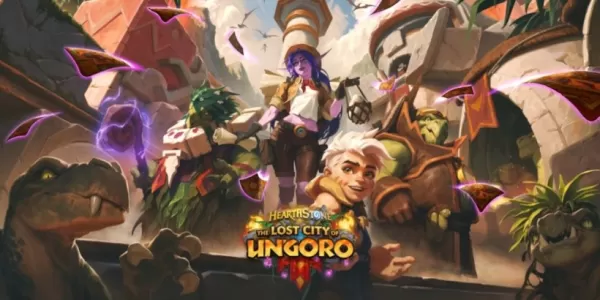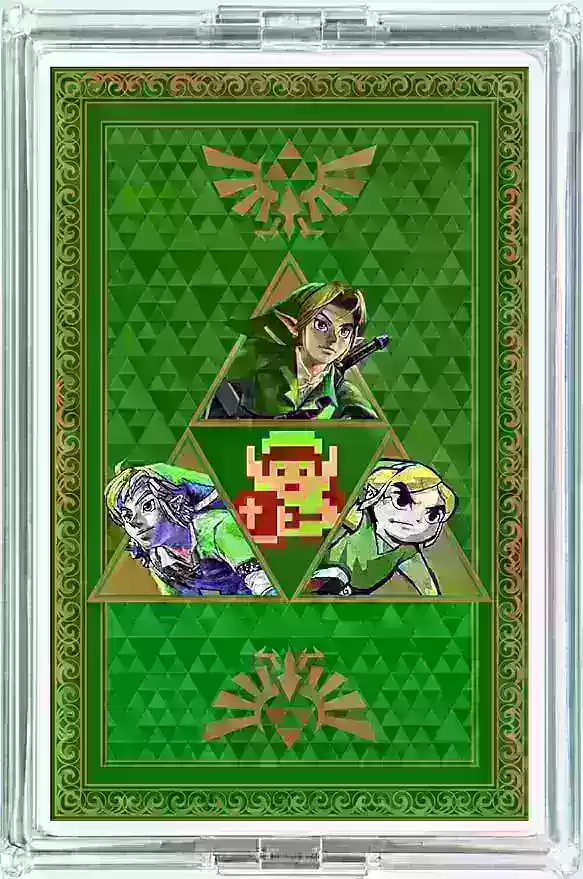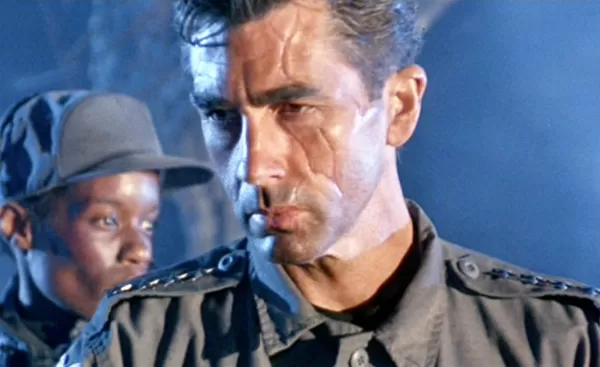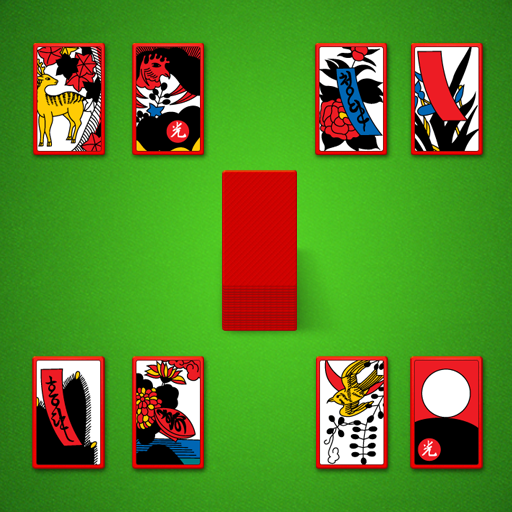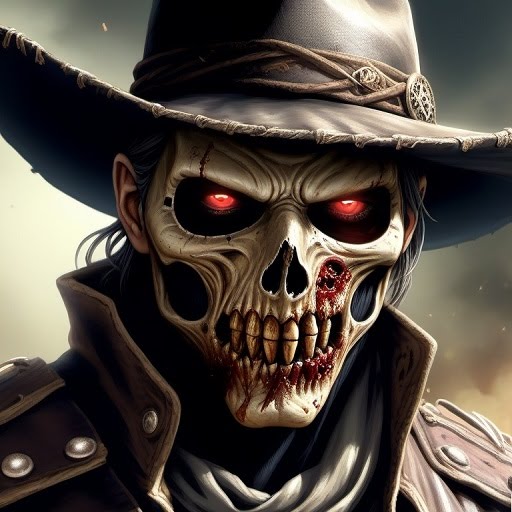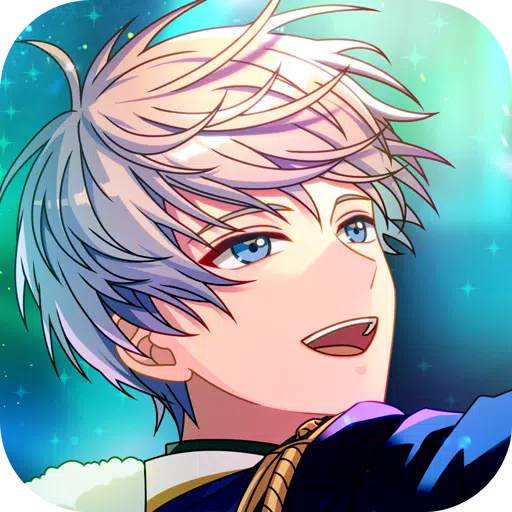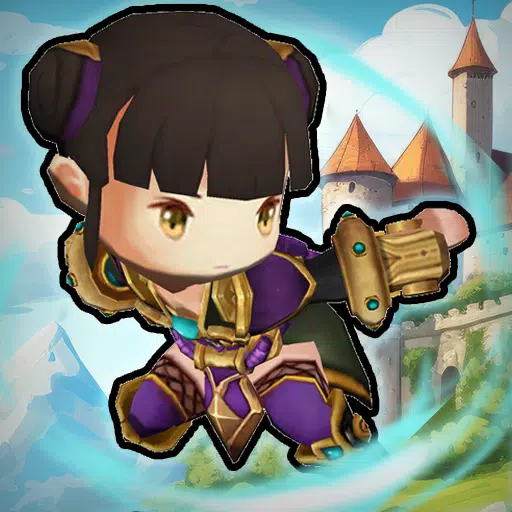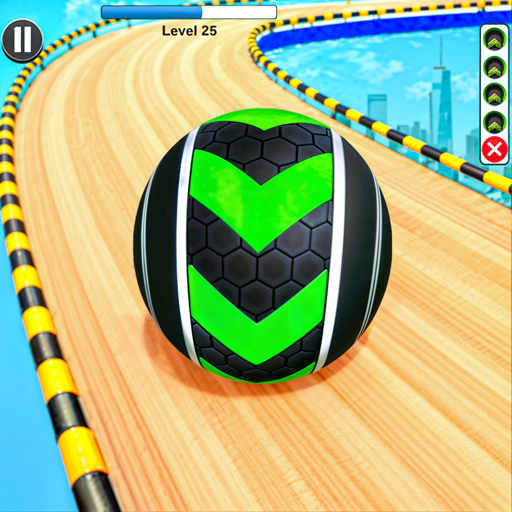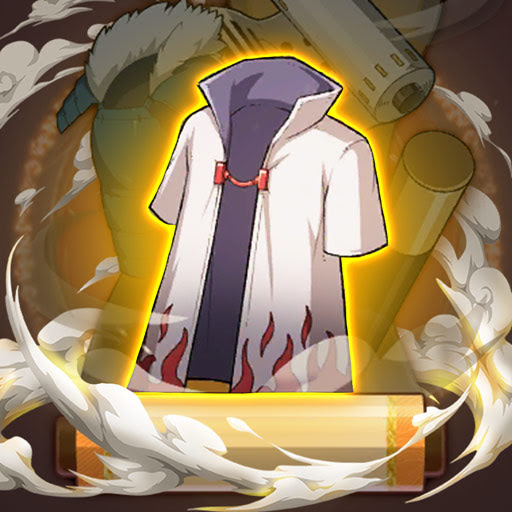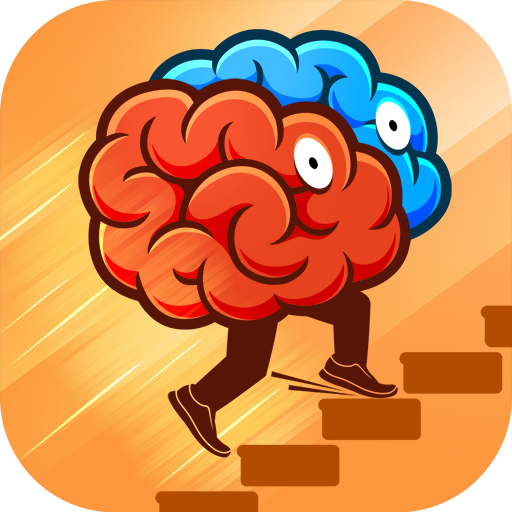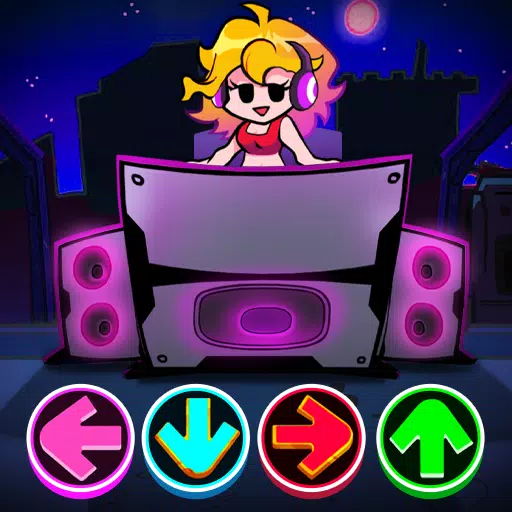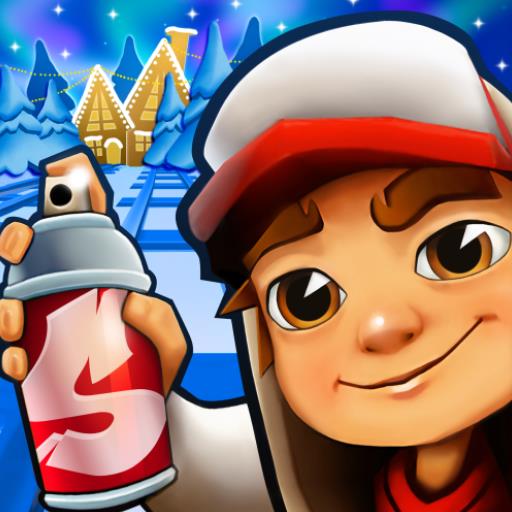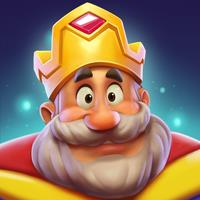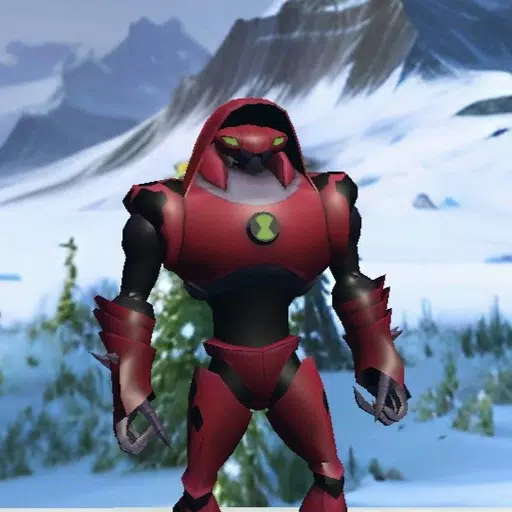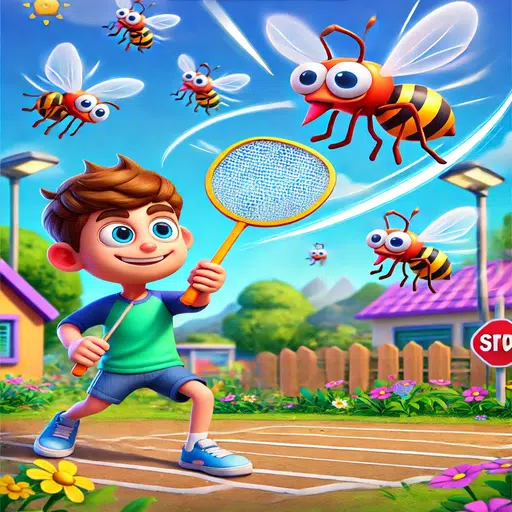Hideo Kojima's Japanese radio podcast, KOJI10, offers listeners a unique glimpse into the mind behind iconic games like Metal Gear Solid and Death Stranding. In the latest episode, Episode 17, Kojima delves into the fascinating topic of incorporating real-time progression in video games. He not only reflects on time-related mechanics he has previously implemented but also shares innovative concepts that have yet to see the light of day, including an idea that was ultimately scrapped from the eagerly anticipated Death Stranding 2: On The Beach.
Kojima is well-known for his creative use of a player's console or PC clock to influence gameplay. He references two notable examples from 2004's Metal Gear Solid 3: Snake Eater for the PS2. To enhance the survival experience in the jungle, food in the game would spoil after a few days in real life. Consuming spoiled food could cause Snake to become violently ill, but players could also use it strategically as a weapon by throwing it at enemy soldiers.
Death Stranding 2 Cast
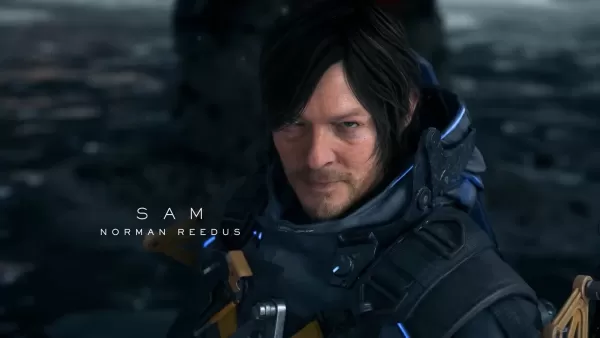
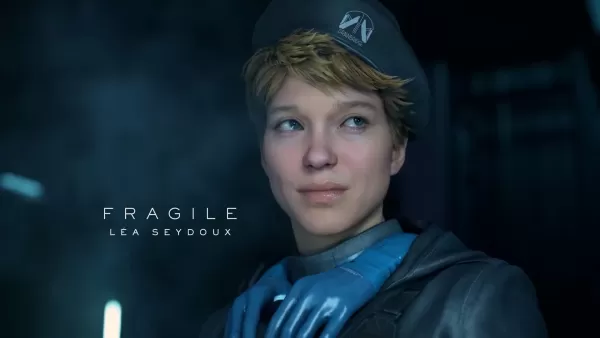 View 14 Images
View 14 Images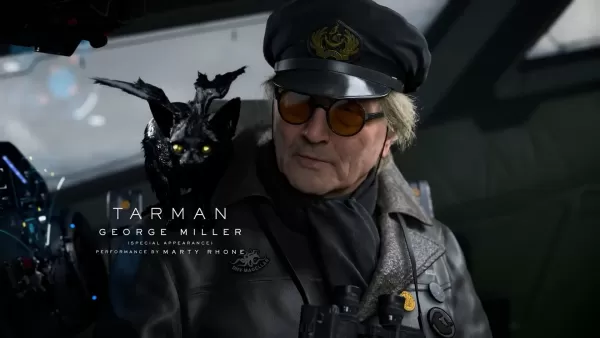
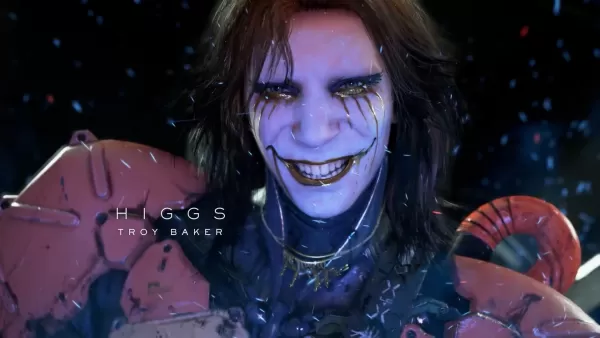
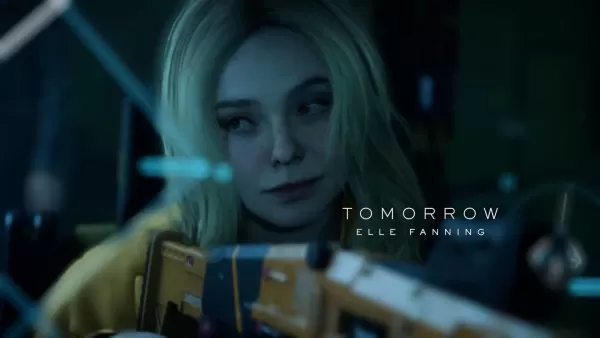
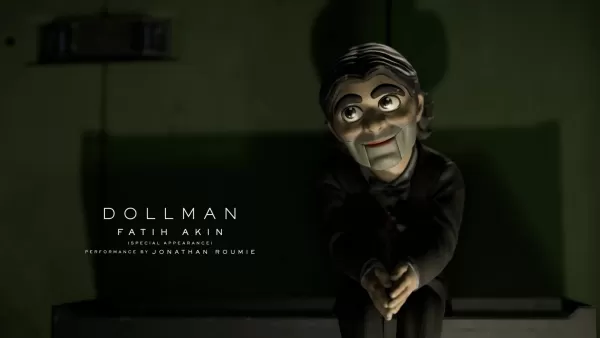
Another ingenious use of the system clock was in MGS3’s battle against the elderly sniper, The End. Kojima recalls, "Although he is a really tough boss, if the player waits a week, The End will die of old age." Players who load their in-battle save a week later are greeted with a cutscene where Snake discovers The End has succumbed to time.
Kojima also revealed a scrapped idea for Death Stranding 2 that involved Sam's beard growing over time, necessitating regular shaving by the player. "Originally in Death Stranding 2, I was going to have Sam’s beard gradually grow out over time, and the player would have to shave it. If they didn’t, Sam would end up looking unkempt," he said. However, the concept was dropped to avoid portraying the star, Norman Reedus, in an unflattering way. Kojima hinted that this mechanic could still find its way into future projects.
During the podcast, Kojima proposed three innovative game concepts centered around real-time progression. The first is a "game of life" where players start as a child and age into adulthood and beyond, impacting gameplay mechanics such as speed and vision. "It starts out with the player being born, you’re a child and then gradually over time you become an adult. In the game, you fight various enemies. Like with the previous example (MGS3’s The End), if you keep playing the game, you will become a 70 or 80 year old man. However, at this age you will be weaker, your eyesight will worsen. When you are a teenager you’ll be able to run faster but by the time you reach 60 you’ll slow down a bit," Kojima explained. While acknowledging the potential market challenges, the idea received enthusiastic feedback from other podcast participants.
The second concept involves creating something that matures over time, like wine or cheese, suggesting a game that could function well as a background or idle game. Lastly, Kojima proposed a "forgetting game" where players must play quickly to prevent the main character from losing essential skills and memories over time. "Players would have to take a week off work or school to play it," Kojima humorously noted.
With Death Stranding 2 set to launch on June 26, fans are eagerly anticipating more from Kojima. For deeper insights into the game, check out our interview with Kojima and our impressions after playing through the first 30 hours.


